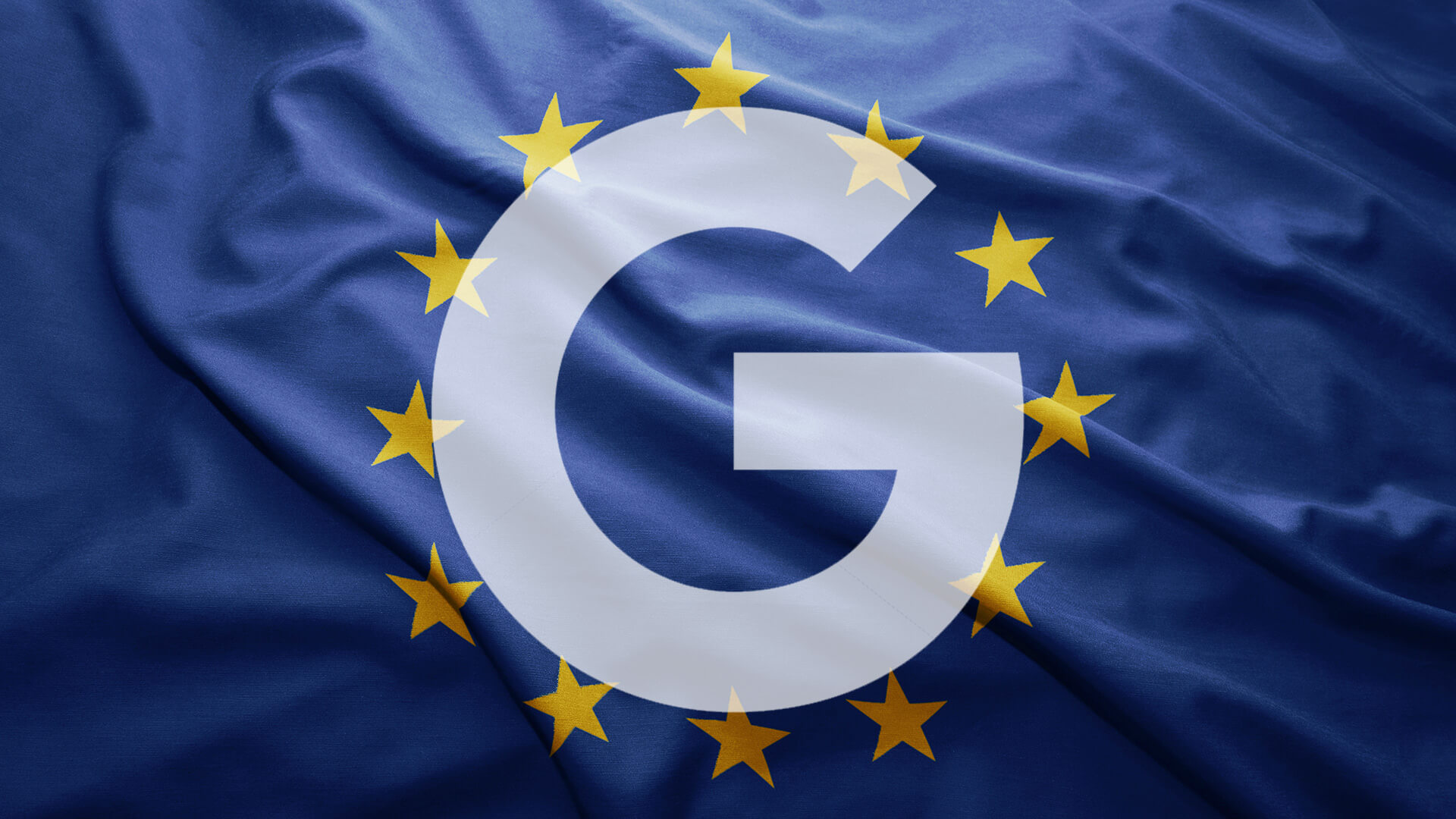Report: EU responding to Google antitrust search-quality defense with new objections
Supplementary statement reportedly being filed to enable European Commission to address Google's defense against claims of abuse of market position.

According to a report in The Wall Street Journal, regulators at the European Commission (EC) are preparing a “supplementary statement of objections” in the existing shopping search antitrust matter. The EC filed the original “statement of objections” (formal antitrust charges) regarding Google’s alleged abuse of market power in early 2015.
While the EC focused exclusively on shopping search in the original charges, it is widely expected that shopping is a kind of template for other potential “search bias” cases against Google. If the EC succeeds, nearly identical charges will likely follow in other vertical search areas such as local, maps and potentially travel.
The supplementary statement reportedly allows the EC to address arguments and claims made in Google’s formal response to the EC’s original statement of objections. In a blog post reflecting the arguments made to the EC, Google vigorously asserts that the evolution of its search results pages has been about improving quality and the user experience and is not an abuse of market position:
Google has always worked to improve its services, creating new ways to provide better answers and show more useful ads. We’ve taken seriously the concerns in the European Commission’s Statement of Objections (SO) that our innovations are anti-competitive. The response we filed today shows why we believe those allegations are incorrect, and why we believe that Google increases choice for European consumers and offers valuable opportunities for businesses of all sizes.
Google’s General Counsel Kent Walker also argues that the EC fails to consider the presence and impact of companies such as Amazon and eBay in its competitive analysis. The EC’s supplementary statement will respond to these arguments.
In addition to the shopping search action, Google faces a second antitrust front in Europe, regarding Android-OEM contracts. And there may be third complaint soon surrounding AdWords publisher agreements.
If any one of these results in fines, it could mean billions in penalties and a change in business practices for Google. It could also mean the loss of some control over the way Google presents search results.
Contributing authors are invited to create content for Search Engine Land and are chosen for their expertise and contribution to the search community. Our contributors work under the oversight of the editorial staff and contributions are checked for quality and relevance to our readers. The opinions they express are their own.
Related stories